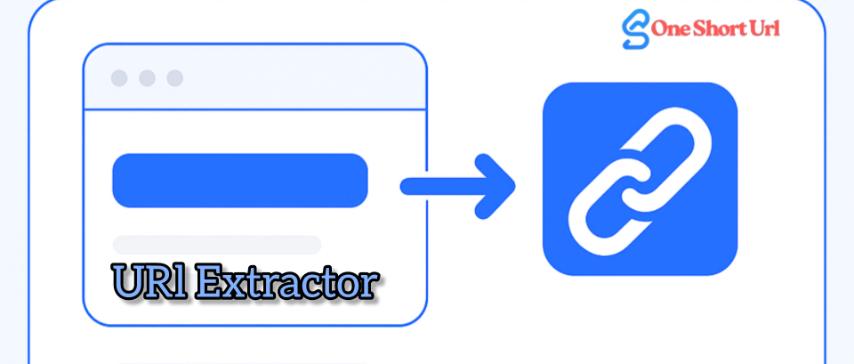
URL Extractor: A Must-Have Tool for Data Collection
Created on 27 September, 2025 • Text Tools • 41 views • 2 minutes read
A URL extractor is a tool designed to automatically collect and organize website links from different sources. It scans web pages, documents,
What Is a URL ExtractorA URL extractor is a tool designed to automatically collect and organize website links from different sources. It scans web pages, documents, or databases to identify and extract URLs without the need for manual effort. This tool is widely used in digital marketing, SEO research, and data analysis.
A URL extractor helps users save time by gathering multiple links in a structured format. Whether you are analyzing competitors, checking backlinks, or collecting reference sites, a URL extractor simplifies the process significantly.
Why URL Extractors Are Important
A URL extractor is essential for marketers who need to collect website addresses for outreach campaigns. Instead of manually copying each link, the tool automates the task and ensures accuracy.
A URL extractor supports SEO experts in identifying backlinks, internal links, or external references from competitors’ websites. This information can be used to build better SEO strategies.
A URL extractor benefits researchers who want to analyze content trends by gathering links from articles, blogs, or online publications.
Types of URL Extractors
A web-based URL extractor works directly from online platforms and can extract links from specific web pages or entire websites.
A file-based URL extractor scans documents like text files, PDFs, or spreadsheets to find and organize embedded links.
A browser extension URL extractor allows quick extraction while browsing, making it convenient for users who collect links during research or marketing tasks.
Benefits of Using a URL Extractor
A URL extractor improves efficiency by automating the process of collecting multiple website addresses.
A URL extractor increases accuracy by detecting hidden or complex links that may be overlooked manually.
A URL extractor enhances productivity by allowing professionals to focus on analyzing data rather than spending time on manual collection.
A URL extractor supports digital campaigns by organizing links for SEO, outreach, and marketing strategies.
How to Use a URL Extractor Effectively
A URL extractor should be used with a clear goal in mind. If the purpose is SEO research, the extracted URLs can be analyzed for backlink opportunities and keyword performance.
A URL extractor should be paired with data filtering to remove duplicate or irrelevant links. This ensures that the final dataset is clean and useful.
A URL extractor should be tested for compatibility with your workflow. Some tools export results in CSV, Excel, or text format, making integration with marketing software easier.
Choosing the Right URL Extractor
A URL extractor should be chosen based on speed, accuracy, and customization features. Some tools allow users to extract links based on keywords or patterns, which adds flexibility.
A URL extractor should provide batch processing options for large projects. This makes it easier for businesses to handle massive datasets efficiently.
A URL extractor should also ensure data security, especially when dealing with sensitive information or private databases.
Conclusion
A URL extractor is a powerful and practical tool for anyone working in digital marketing, SEO, or data research. It simplifies the process of collecting website links, improves productivity, and provides accurate results for better decision-making.
By using a URL extractor strategically, businesses and professionals can streamline their workflows, enhance online research, and strengthen digital campaigns. This makes it an essential tool in today’s data-driven environment.